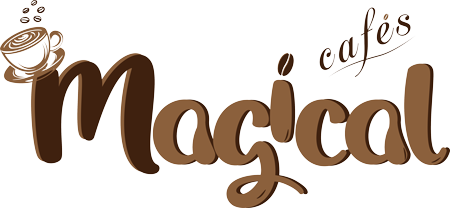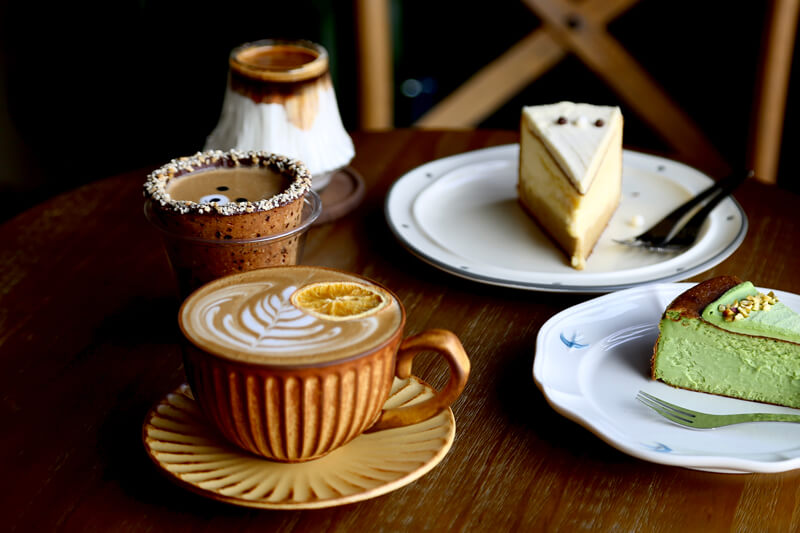Coffee is more than just a beverage; it’s a global ritual, deeply woven into the cultural fabric of societies around the world. From the bustling cafes of Italy to the tranquil tea houses of Ethiopia, the way we brew, serve, and enjoy coffee reflects not only our preferences but our history, values, and social customs. In this exploration of global coffee culture, we’ll journey across continents to understand how different countries approach the art of brewing coffee, uncovering the unique methods, traditions, and rituals that make each cup of coffee special.
The Italian Espresso: Bold and Fast
When it comes to coffee culture, Italy is often at the forefront. The Italian espresso is the gold standard—strong, rich, and served in a small cup to preserve its intense flavor. Espresso bars are an integral part of daily life, where locals quickly sip their coffee standing at the counter. Italians take their coffee seriously, with a specific time and place for every type of coffee drink. For instance, cappuccinos are typically consumed in the morning, while a simple espresso or macchiato is enjoyed later in the day.

The Turkish Coffee Ritual: A Social Experience
In Turkey, coffee is not just a drink but a deeply rooted tradition that symbolizes hospitality and social connection. Turkish coffee is prepared by boiling finely ground coffee with water and sugar in a small pot called a cezve. The coffee is served in small cups without filtering out the grounds, creating a thick, rich consistency. The brewing process is often accompanied by an ancient ritual: coffee is served with a glass of water to cleanse the palate, and a piece of Turkish delight to add a touch of sweetness. In Turkish culture, coffee is traditionally enjoyed slowly, often as part of a conversation or social gathering.

Ethiopian Coffee Ceremony: The Birthplace of Coffee
Ethiopia is considered the birthplace of coffee, and the country’s coffee culture is as rich and diverse as its history. The Ethiopian coffee ceremony is a time-honored tradition that involves roasting green coffee beans in a pan, grinding them by hand, and then brewing them in a traditional pot called a jebena. The process is often performed in a ceremonial manner, with each step symbolizing respect and reverence for the coffee. Ethiopians believe that coffee is a gift, and the preparation and sharing of it fosters a sense of community. The ceremony is typically performed in the home and is a way for families and friends to gather and bond.
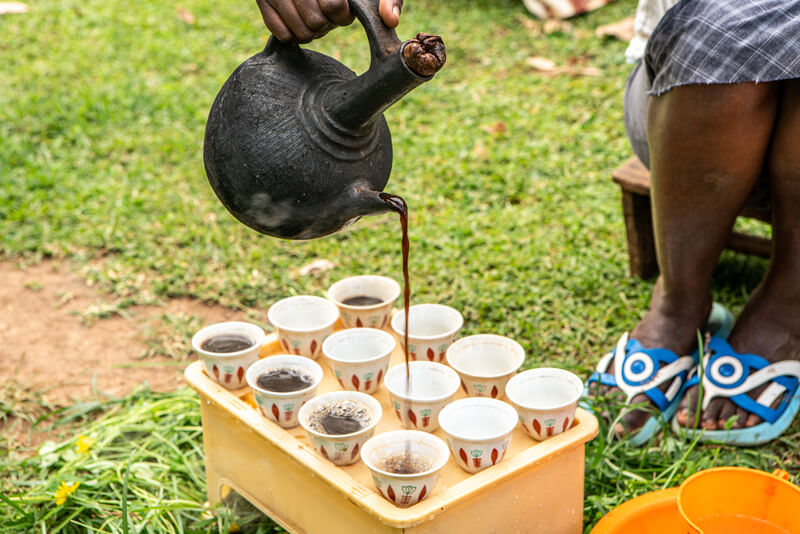
The Scandinavian ‘Fika’: Coffee as a Social Bond
In Sweden and other Scandinavian countries, coffee is central to the cultural tradition of fika, which means taking a break to enjoy coffee and pastries with friends or colleagues. Swedish coffee culture is marked by its emphasis on quality brews—usually light roasted coffee served with a sweet pastry, such as a cinnamon bun (kanelbulle). Fika is not just about drinking coffee; it’s an opportunity to slow down, connect with others, and embrace the Scandinavian approach to balance and wellbeing. The act of sharing a cup of coffee with someone is viewed as an important part of daily life.

The Brazilian Cafézinho: A National Tradition
In Brazil, coffee is more than a morning pick-me-up—it’s a way of life. Known for producing some of the best coffee beans in the world, Brazil’s coffee culture is focused on the small, strong, and sweet cafézinho, a tiny cup of coffee often served after meals or as a gesture of hospitality. The brewing process involves adding sugar to the coffee grounds, which caramelizes during brewing to give the coffee its signature sweetness. The cafézinho is an essential part of Brazilian social gatherings, whether it’s shared between friends at a family gathering or offered to guests as a welcoming gesture.
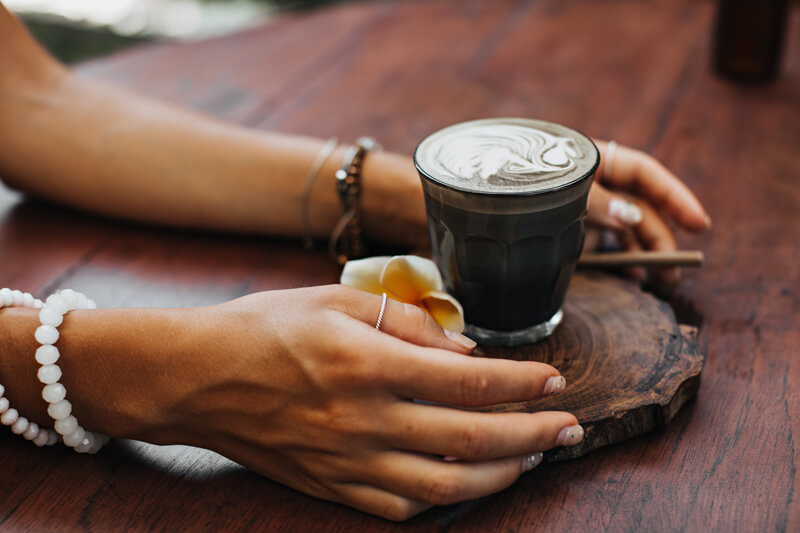
The French Café au Lait: A Classic Morning Ritual
In France, coffee is an essential part of the daily routine, especially in the morning. The café au lait, or coffee with milk, is a classic French drink that combines espresso with steamed milk, creating a creamy, rich coffee experience. French cafés are renowned for their relaxed, charming atmosphere, where patrons sit at sidewalk tables sipping their coffee, reading the paper, and watching the world go by. While espresso is the base, many variations of coffee exist in France, from the simple café crème to the frothy cappuccino, offering something for every coffee lover.
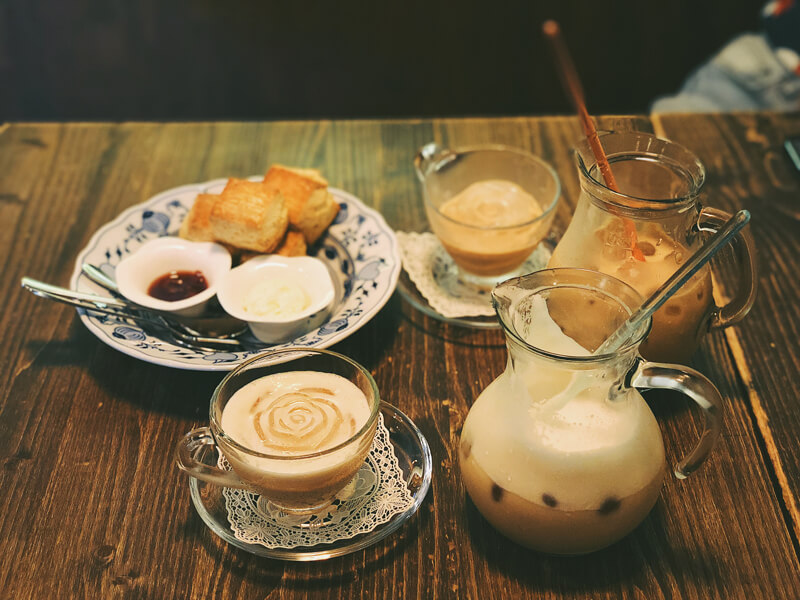
Vietnamese Coffee: Sweet, Strong, and Iced
In Vietnam, coffee is often served strong and sweet, with a unique twist. The most popular style is cà phê sữa đá, or iced coffee with condensed milk. The coffee is typically brewed using a traditional Vietnamese drip filter called a phin, allowing the strong, dark coffee to slowly drip through into a glass of condensed milk and ice. This creates a rich, sweet, and refreshing drink that is perfect for the hot Vietnamese climate. Coffee plays an important role in daily life in Vietnam, and the process of brewing and sipping is often a leisurely experience.
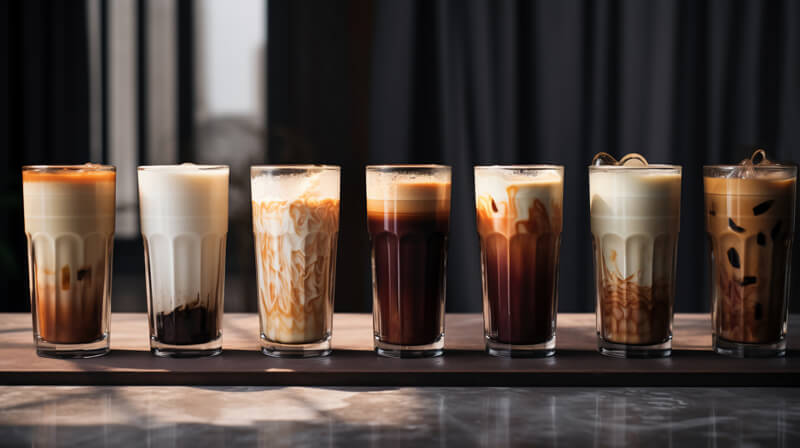
The Japanese Coffee Experience: Precision and Perfection
Japan has embraced coffee culture in its own unique way, with a focus on precision and perfection in the brewing process. Japanese coffee is often brewed using methods such as pour-over (like the Hario V60) or the siphon coffee maker, which combines science and art to create a delicate, balanced brew. Japanese coffee shops, or kissaten, often feature an old-school vibe, offering a quiet space to savor each cup. Many cafes in Japan also serve cold brew coffee, known for its smooth, mellow flavor and refreshing quality. The Japanese approach to coffee is all about attention to detail and the ritual of brewing.
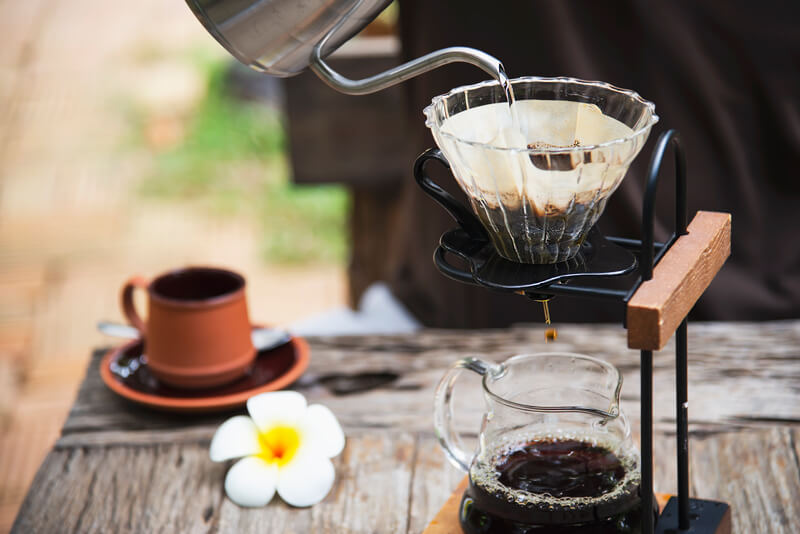
Why Coffee Culture Matters
Exploring coffee culture around the world gives us insight into the values and traditions of different societies. For some, coffee is a quick and energizing way to start the day, while for others, it’s an opportunity to pause, reflect, and connect with loved ones. Regardless of how it’s brewed, coffee has the power to unite people, spark creativity, and enhance our daily rituals.
By understanding how coffee is brewed in various cultures, we not only learn about different methods but also gain a deeper appreciation for the ways coffee brings people together, shapes social interactions, and reflects the spirit of a place.
Conclusion: Coffee, Culture, and Connection
Whether you’re sipping a perfectly brewed espresso in an Italian café or sharing a warm cup of Turkish coffee with friends, each country’s coffee culture offers a unique experience. Coffee is more than just a drink; it’s a cultural practice that connects people, traditions, and history. By exploring these diverse brewing methods and the stories behind them, you’ll gain a greater appreciation for the global love affair with coffee and the rich cultural tapestry it’s woven into.
So, the next time you brew a cup of coffee, take a moment to think about the traditions and rituals that have been passed down through generations, and enjoy the global journey in every sip.
Discover More Cafés
May 10, 2025
Discover the most Instagram-worthy cafes in Dubai that offer beautiful deco ...
April 28, 2025
Explore the top 5 cafes in Naples offering the best coffee and cake pairing ...
April 21, 2025
Discover the best cafés in Rome for parents with kids. Explore kid-friendl ...
April 29, 2025
Explore 5 amazing cafés in Medellín perfect for remote work. With free Wi ...
April 23, 2025
Learn how to choose the right coffee beans for your perfect brew. From roas ...
